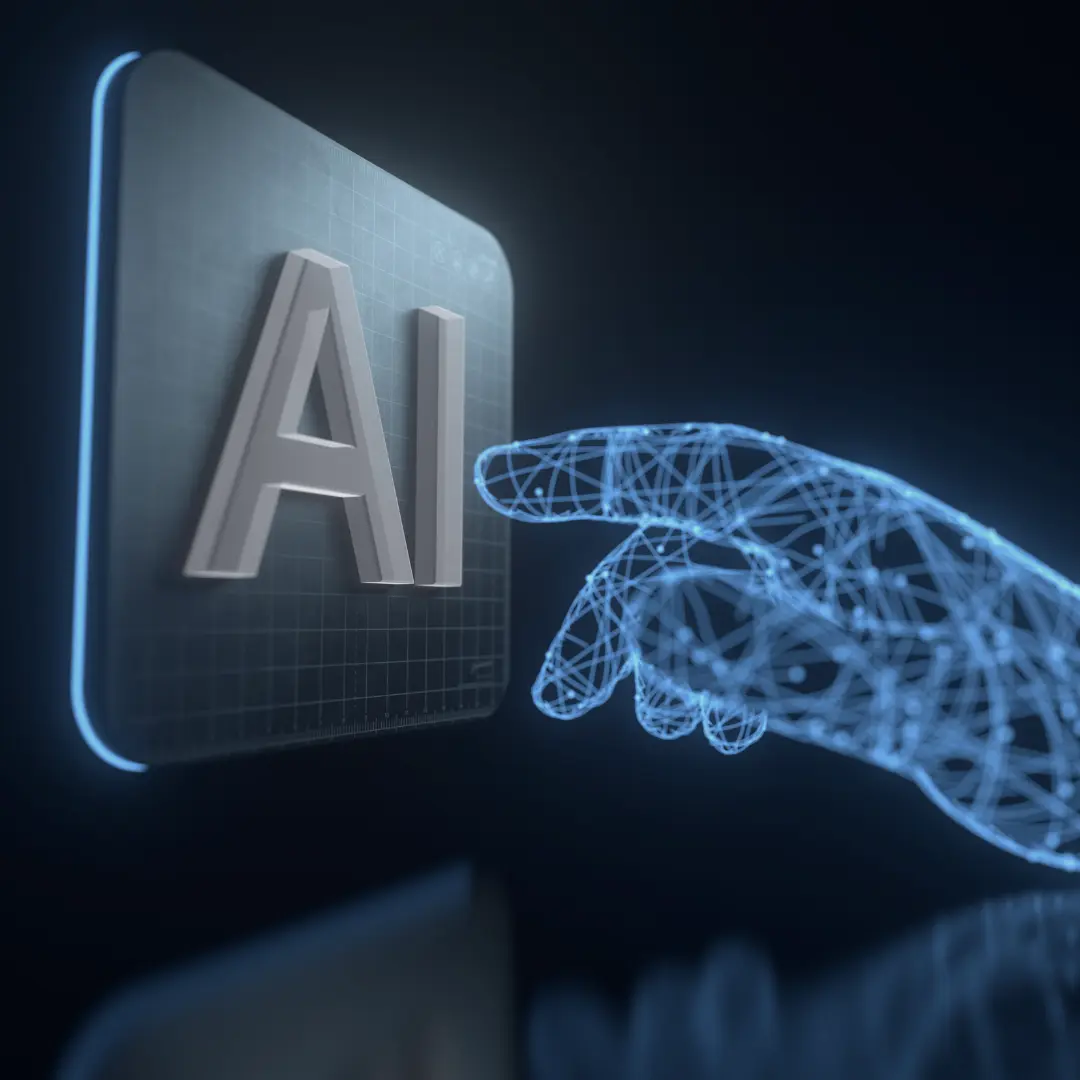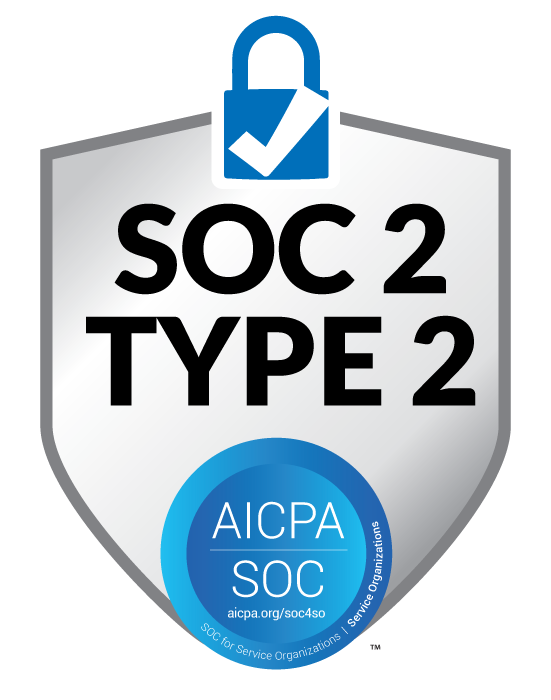Introduction
The healthcare industry stands at a pivotal moment, grappling with rising costs, increasing patient demands, and stringent compliance requirements. Amid these challenges, no-code agentic AI platforms are emerging as a transformative force, empowering healthcare organizations to build intelligent digital workers that streamline operations, enhance patient care, and accelerate innovation, all without requiring advanced coding skills. These platforms are enabling enterprises to create tailored AI solutions that maximize productivity, ensure compliance, and achieve faster time to market. This article explores how no-code agentic AI is reshaping healthcare, its key benefits, and real-world applications driving meaningful change.
What Are No-Code Agentic AI Platforms?
No-code agentic AI platforms are intuitive tools that allow non-technical users—such as healthcare administrators, clinicians, or operational managers—to design, deploy, and manage AI-driven digital workers. These “agents” are autonomous systems capable of performing complex tasks, from scheduling appointments to analyzing patient data, by leveraging artificial intelligence. Unlike traditional software development, which demands extensive coding expertise, no-code platforms use visual interfaces, drag-and-drop functionalities, and pre-built templates to democratize AI creation.
For healthcare, this means organizations can rapidly develop solutions tailored to their unique workflows without relying on overstretched IT teams or costly third-party vendors. Agentic AI goes a step further by enabling these digital workers to make decisions, adapt to changing conditions, and interact seamlessly with existing systems, all while adhering to regulatory standards like HIPAA.
Why Healthcare Needs No-Code Agentic AI?
The healthcare sector faces a perfect storm of challenges:
- Operational Inefficiencies: Administrative tasks, such as billing and patient onboarding, consume significant time and resources.
- Compliance Pressures: Regulations like HIPAA and GDPR require meticulous data handling and reporting.
- Staff Shortages: Clinicians and support staff are stretched thin, leading to burnout and reduced patient satisfaction.
- Patient Expectations: Modern patients demand faster, more personalized care experiences.
No-code agentic AI addresses these pain points by automating repetitive tasks, ensuring compliance through built-in safeguards, and enabling rapid deployment of innovative solutions. By empowering non-technical staff to create and manage AI agents, healthcare organizations can focus on what matters most: delivering exceptional patient outcomes.
Key Benefits of No-Code Agentic AI in Healthcare
1. Accelerated Time to Market
Traditional software development cycles can take months or even years, delaying critical solutions in a fast-paced industry. No-code platforms drastically reduce this timeline by allowing users to build and deploy AI agents in days or weeks. For example, a hospital could create a digital worker to automate patient follow-up communications without waiting for a custom-built application. This agility enables healthcare organizations to respond swiftly to emerging needs, such as new compliance requirements or patient care innovations.
2. Enhanced Operational Efficiency
Administrative tasks account for a significant portion of healthcare costs. No-code agentic AI streamlines these processes by automating workflows like appointment scheduling, insurance verification, and medical coding. These platforms enable hospitals to create AI agents that integrate with electronic health record (EHR) systems, reducing manual data entry and minimizing errors. This not only saves time but also allows staff to focus on higher-value tasks, such as patient care.
3. Robust Compliance and Security
Compliance is non-negotiable in healthcare. No-code agentic AI platforms are designed with built-in safeguards to ensure adherence to regulations like HIPAA, GDPR, and SOC 2. These platforms encrypt sensitive data, enforce access controls, and generate audit trails, providing transparency and accountability. For instance, an AI agent handling patient data can be configured to anonymize information automatically, reducing the risk of breaches while maintaining compliance.
4. Democratized Innovation
By eliminating the need for coding expertise, no-code platforms empower frontline healthcare workers to drive innovation. Nurses, administrators, and even patient advocates can design AI agents to address specific challenges, such as improving patient triage or streamlining discharge processes. This democratization fosters a culture of continuous improvement, where solutions are developed by those closest to the problems.
5. Cost Savings
Hiring developers or outsourcing software projects can be prohibitively expensive. No-code platforms reduce these costs by enabling in-house teams to build and maintain AI solutions. Additionally, by automating repetitive tasks, organizations can achieve significant labor cost savings. A study by McKinsey estimates that automation could reduce healthcare administrative costs by up to 30%, translating to billions in savings industry-wide.
Real-World Applications in Healthcare
No-code agentic AI is already transforming healthcare across various use cases. Here are some compelling examples:
1. Intelligent Appointment Scheduling
Missed appointments cost the U.S. healthcare system over $150 billion annually. No-code AI agents can optimize scheduling by analyzing patient preferences, clinician availability, and historical data to recommend optimal appointment times. These agents can also send automated reminders via SMS or email, reducing no-show rates. For example, a clinic deployed an AI agent that cut missed appointments by 25% within three months.
2. Automated Medical Coding and Billing
Medical coding errors lead to claim denials, delayed payments, and compliance risks. No-code AI agents can extract relevant data from clinical notes, assign accurate codes, and flag potential issues before submission. This not only accelerates revenue cycles but also ensures compliance with payer requirements. A mid-sized hospital reported a 40% reduction in claim denials after deploying an AI agent built on a no-code platform.
3. Patient Triage and Virtual Assistants
AI-powered virtual assistants can guide patients through symptom checkers, recommend next steps, and escalate urgent cases to clinicians. These agents integrate with telehealth platforms, enabling seamless care delivery. During the COVID-19 pandemic, a healthcare provider used a no-code platform to deploy a virtual triage agent in under a week, reducing emergency room overcrowding by 15%.
4. Predictive Analytics for Resource Allocation
Hospitals often struggle to predict patient volumes, leading to overstaffing or understaffing. No-code AI agents can analyze historical data, seasonal trends, and external factors (e.g., flu outbreaks) to forecast demand. This enables better resource allocation, such as optimizing staff schedules or managing bed capacity. A regional health system improved bed utilization by 20% through predictive analytics.
5. Patient Follow-Up and Chronic Care Management
Managing chronic conditions requires consistent patient engagement. No-code AI agents can automate follow-up communications, monitor adherence to treatment plans, and alert care teams to potential issues. For instance, a diabetes clinic used an AI agent to send personalized reminders and collect patient-reported outcomes, improving medication adherence by 30%.
Overcoming Challenges and Adoption Barriers
While the benefits are clear, adopting no-code agentic AI in healthcare comes with challenges:
- Change Management: Staff may resist new technologies due to unfamiliarity or fear of job displacement. Training programs and clear communication about AI’s role as a productivity enhancer can mitigate this.
- Integration with Legacy Systems: Many healthcare organizations rely on outdated EHRs or siloed databases. Leading no-code platforms offer robust APIs and connectors to ensure seamless integration.
- Data Quality: AI agents depend on accurate data. Organizations must invest in data cleansing and standardization to maximize AI effectiveness.
To overcome these barriers, healthcare leaders should start with small-scale pilots, demonstrate quick wins, and scale gradually. Partnering with experienced no-code providers can also accelerate adoption and ensure success.
The Future of Healthcare with No-Code Agentic AI
As AI technology advances, no-code agentic platforms will become even more powerful. Future innovations may include:
- Enhanced Natural Language Processing: AI agents will better understand clinical notes and patient queries, enabling more sophisticated interactions.
- Personalized Medicine: AI agents could analyze genetic and lifestyle data to recommend tailored treatment plans.
- Interoperability: Improved data-sharing standards will enable AI agents to operate across healthcare ecosystems, enhancing care coordination.
By 2030, Gartner predicts that 70% of enterprises will use no-code platforms to develop mission-critical applications, with healthcare leading the charge. Organizations that embrace this technology today will gain a competitive edge, delivering better care at lower costs.
Conclusion: Embrace the No-Code Revolution
No-code agentic AI platforms are revolutionizing healthcare by empowering organizations to innovate rapidly, operate efficiently, and maintain compliance. From automating administrative tasks to enhancing patient care, these platforms offer a path to sustainable transformation. Ready to transform your healthcare organization? Explore how no-code agentic AI can unlock new possibilities for efficiency, compliance, and patient satisfaction.
About the Author

Nitin Chibber
Program Manager
Nitin Chibber has held senior leadership roles driving large-scale initiatives in release management, Agile (Scrum), DevOps, and Azure implementations. He brings a strong track record of aligning technology with business goals to deliver high-impact, scalable solutions.
Program Manager focused on Delivery Excellence, Nitin leads end-to-end project execution and transformation efforts, leveraging Agile methodologies and cloud-native tools to optimize performance and accelerate delivery. He is passionate about continuous improvement and enabling organizations to thrive in a fast-evolving digital landscape.




